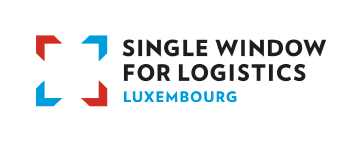Objectives
Following a number of health crises, risk monitoring and harmonized control procedures were put in place in the European Union (EU).
Reinforced controls carried out by the Food Safety Unit were introduced in addition to routine controls in order to maintain a high level of protection of the food chain on the European market.
By targeting risky products and countries, they aim at preventing and eliminating threats for human and animal health or reducing such threats to an acceptable level
Related products
The reinforced controls are carried out on certain foodstuffs of non-animal origin originating from specific countries, likely to present a health risk, registered on a regularly updated list.
The Food Safety Unit provides a document summarizing reinforced official controls (DOC-113) and the necessity for notification in the TRACES.NT system.
Execution steps
These controls take place prior to the release for free circulation of the goods on the European market.
Because these products present an increased risk for human health, regulations require that they are controlled at the borders of the European Union, at a designated point of entry. In Luxembourg, this reinforced control takes place at the Cargo Center of the Luxembourg airport, at this time the sole Designated Point of Entry (DPE) of Luxembourg.
Depending on the type of goods, consignments must be announced 24 hours prior to their arrival using a Common Entry Document (CED) via the TRACES.NT system.
The reinforced control includes:
- documentary control covering 100% of the goods
- as necessary, an identity control and a physical control that includes a sample analysis according to the percentage indicated in the regulation.
For example: 20% of almonds, in shell or unshelled, originating from Australia are subject to physical and identity controls. 10% of chilies originating from Egypt are controlled for the presence of pesticide residues.
The goods are generally under official detention for the time of the reinforced control and any analyses. For highly-perishable products, onward transportation may be auhtorized by the authority, to a further destination (either in Luxembourg, or in another Member State) while waiting for results. In this case it is prohibited to process the goods prior to final release on the market.
If the analyses are non-compliant, the goods will be blocked and cannot be released on the European market.
Contrary to routine controls for which the costs of analysis are paid by the competent authority, the costs of analysis in a reinforced control are charged to the importer.
Related organizations
Any company in the food sector that imports food of non-animal origin to Luxembourg may be subject to reinforced controls if the imported goods are targeted.
The Food Safety Unit conducts the controls and delivers the documents depending on results.


